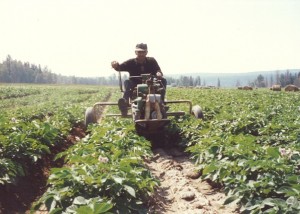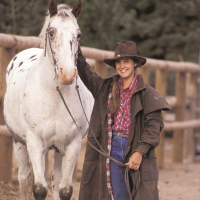Jillian Merrick joined the Community Futures team in January to initiate the Beyond the Market program. She has resided in Prince George for the past decade and has extensive community engagement experience. Her academic background is in economics and international studies, and her passions lie in entrepreneurship, creativity, diversity, and sustainability.
Chuck Holyk joined the Community Futures team in May, bringing 18 years of project management, business analysis and technical experience from working in downtown Calgary. Chuck’s business knowledge and desire to contribute to Smithers, his newly adopted community, is a welcome asset to the project. When not on the job, Chuck’s passion is painting fish reproductions, fly fishing for pacific salmon and steelhead, and camping with his family.







